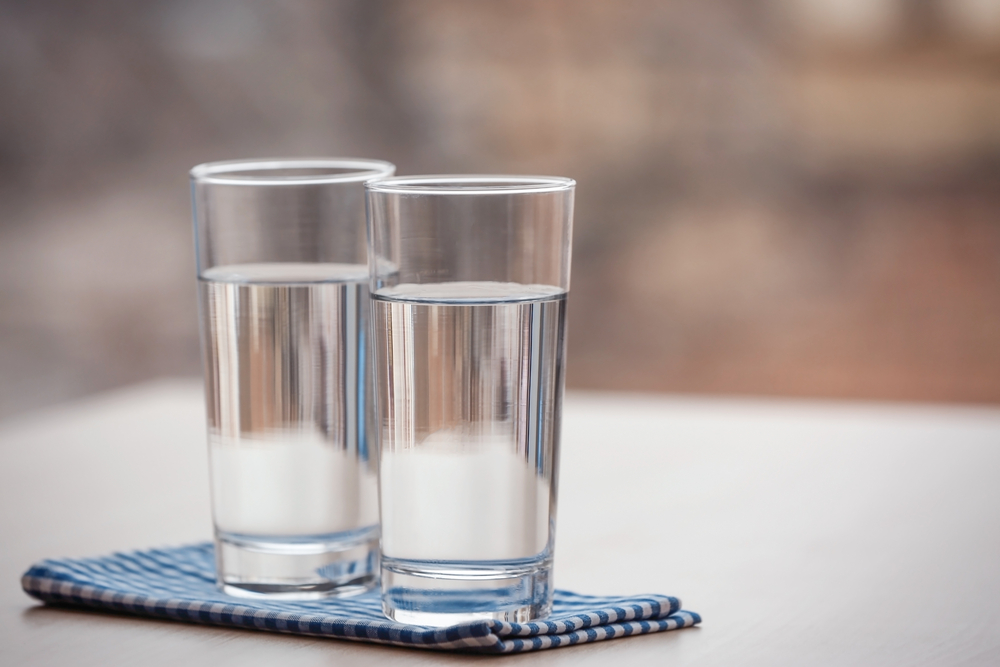When you run the dishwasher, you expect the dishes to come out looking cleaner in the end. So when you pull out cloudy dishes when the cycle finishes, what’s the deal? If your glasses, utensils, and plates look murky after running the dishwasher, there may be several explanations. Fortunately, it doesn’t mean you need a new dishwasher. One of the most likely explanations is hard water, which has a higher mineral content than most water. The other is etching, which is the gradual erosion of the glass surface. If you find that your glasses look cloudy after a cleaning cycle, contact the best plumber in Las Vegas to assess the situation.
Hard Water
Initially, it might sound like more minerals in your water is a good thing. But a mineral imbalance in your water can cause problems. For starters, minerals interfere with the ability of detergent to thoroughly clean dishes. That means you may need to use more detergent to clean the dishes, which in turn depletes your detergent supply and means you spend more money. Since hard water doesn’t clean dishes as efficiently, it can leave soap residue, or worse yet – dirty water – on your dishes. The hard minerals can also accumulate on the surface of the glassware, which in turn enhances the cloudy appearance.
If this issue sounds familiar, there are several remedies you can try. The first is to use more detergent, which might eliminate hard water stains on the glass. A rinse aid, which comes in either a solid or liquid form, can be added to your dishwasher with each load to eliminate stains and etching. Finally, check the water temperature. Manufacturers say that water should be set at 130 degrees for most glassware. However, it shouldn’t be set higher than 140 degrees.
Etching
Etching is another common cause of cloudy glassware. Etching wears down the surface of the glasses, which in turn creates scratches and small pits. These pits can be due to several causes, including water that is too hot or too soft. It may indicate that you’re using too much detergent or using an unnecessarily heavy prewash or rinse cycle.
If you’re having problems with etching, try scaling back on the prewash or not rinsing the glasses as thoroughly before putting them in the dishwasher. Many detergents are designed, so that food particles and oils neutralize their alkaline salts. You can also try using less detergent, especially with soft water. A different detergent might work better, too.
If your glassware isn’t getting clean by the dishwasher, it’s time to contact Service Plus Plumbing. Offering affordable plumbing Las Vegas NV, we can help you figure out the cause of your dirty glasses and fix the problem. Feel free to contact us today to learn more about how we can help with hard water: https. We are also here 24/7 to handle your comprehensive plumbing needs.






